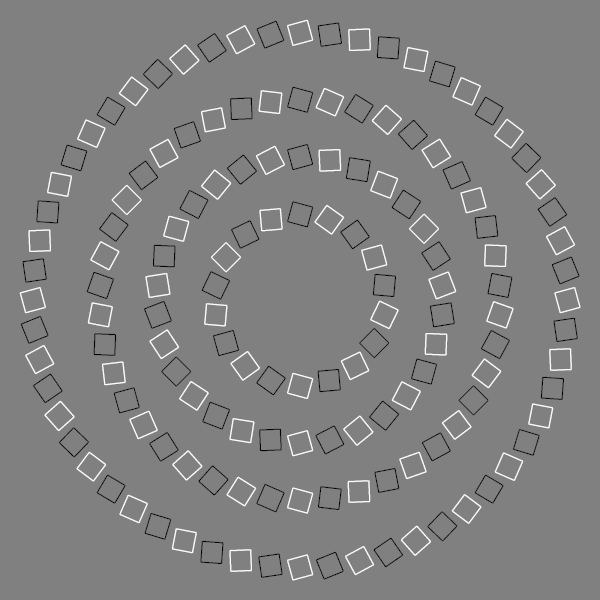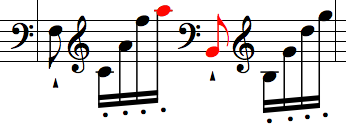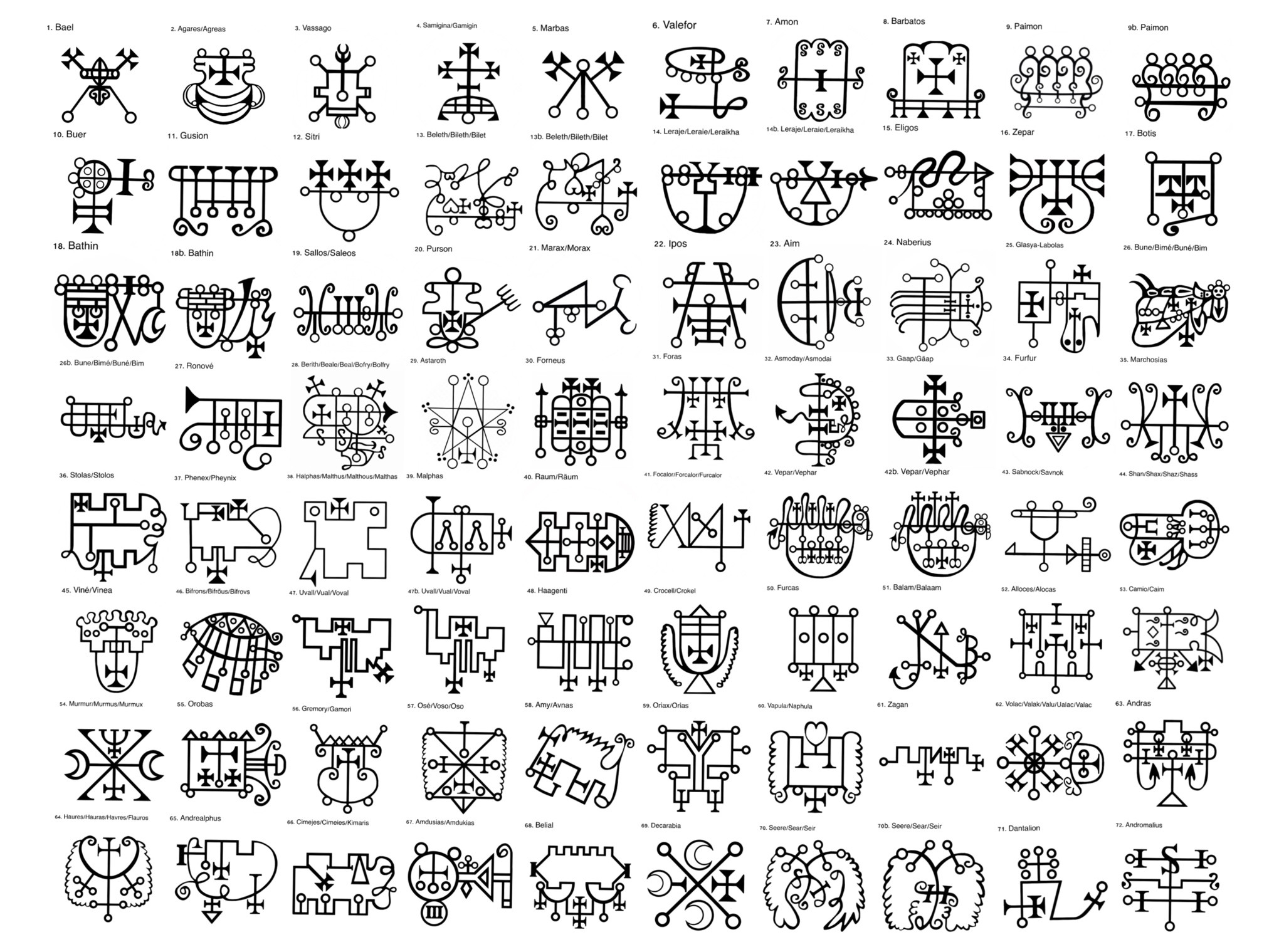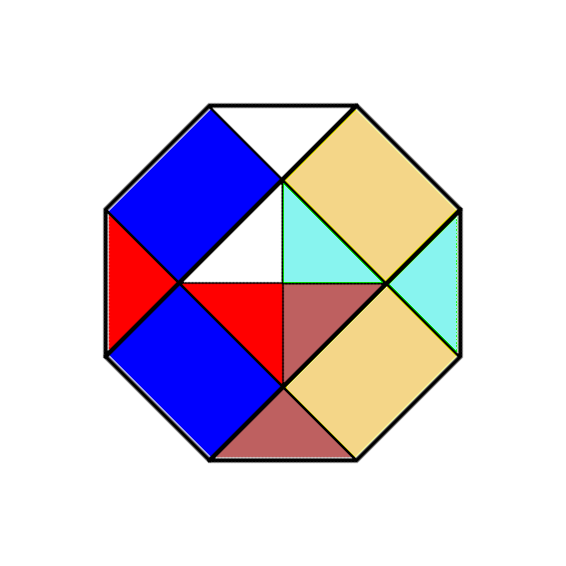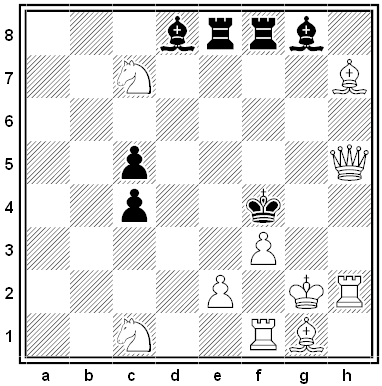On May 19, 1914, G. Howell Parr of Baltimore lay down and rolled three continuous miles to win a bet of $1,000. Details, from the New York Times:
Wagered $1,000 he could roll three miles.
Made the time limit June 1.
Started at 8 o’clock last night from the Elk Ridge Kennels.
Finished at 11:10 A M. to-day at Charles Street and University Parkway.
Rolled fifteen hours and ten minutes, with intermissions for rest.
Covered approximately 15,840 feet, or about three miles.
Took about four feet to a roll.
Made about 3,960 rolls.
Won the $1,000.
Every time he rolled he won about 25 cents.
He wore football gear and turned with every fourth revolution into a pillowed chair positioned by his friends, where he’d rest for 30 seconds. “At times the wife approached him solicitously and asked how he felt. He always looked up at her, and smiled and said: ‘Feel fine.'”
Indeed, he felt well enough afterward to go to the racetrack, “where several of his horses were on the day’s programme.” “When asked where he felt the strain of the rolling most, he said, ‘At my wrists; I put so much weight on them.'”

